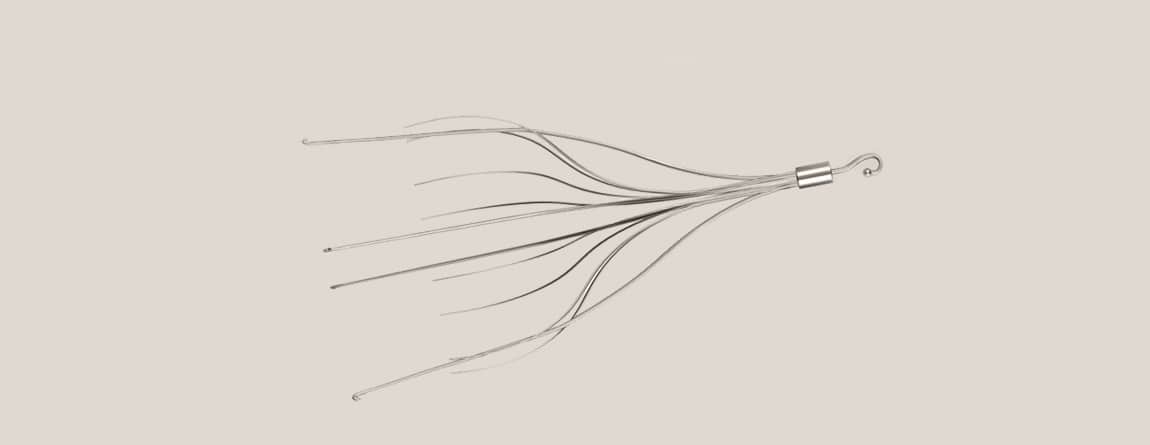In the past, when a patient is at risk for pulmonary embolism, many doctors have recommended the implantation of an Inferior Vena Cava (IVC) filter. These are small metal devices that resemble a wire basket. They are surgically inserted into the Inferior Vena Cava vein to aid in preventing blood clots from travelling into the lungs, brain, or heart. IVC filters are designed to snag these blood clots, giving them time to break down before they have a chance to do any damage.
Recently, it’s come to the attention of the general public that IVC filters can not only be ineffective, they can also be incredibly dangerous. Hundreds of reports have been filled with the United States Food and Drug Administration claiming that IVC filters can cause serious bodily harm to the patient.
Complications caused by IVC filters can result in internal bleeding and death. The most common issue that has been reported details the tendency for parts of the IVC filter or the whole thing to dislodge from its intended location and travel through patients’ bloodstreams. In some cases, fragments of IVC filters have penetrated the walls of the patient’s veins. This can lead to the pieces becoming lodged in internal organs.
Despite IVC filters being intended to stop blood clots, other reports have claimed that there were ineffective at doing so. Not only do they have a history of not stopping blood clots, some have even cause clots to form near the insertion site.
In 2010, the FDA warned doctors of the risks and complications associated with these defective medical devices. They urged physicians to remove IVC filters once the patient was no longer at risk for blood clots. The FDA updated this recommendation again in 2014, outlining that all IVC filters should be removed somewhere between the 29th and 54th day after implantation to reduce the risk of complications.
Defective IVC Products
There are two manufacturers whose filters have been frequently linked to reports of complications. They include, but may not be limited to:
- R. Bard’s Recovery filter
- R. Bard’s G2 filter
- R. Bard’s G2 Express filter
- Cook Medical’s Gunther Tulip filter
- Cook Medical’s Celect filter
Symptoms of IVC Filter Complications
It’s been confirmed that IVC filters have been directly responsible for at least 300 injuries and 30 deaths. If you or a loved on has had an IVC filter implanted and have experienced any of the below symptoms, you may be at risk. It is highly recommended that you talk to your doctor to find out if your IVC filters has broken or become dislodged.
- Heart palpitations or your heart skipping beats
- Nausea
- Difficulty breathing
- Internal bleeding
- Dizziness or a lightheaded feeling
- Hypotension
- Chest pains
- Confusion or disorientation
Scientists are doing more research into the complications of IVC filters and why and how they fail. In the meantime, the FDA has yet to issue an official recall, which means many patients may still be at risk. As a result, lawsuits aimed at challenging the manufacturers continue to roll in.
It’s unfair that a device that is supposed to save lives is actually taking them. If you or a loved one has experienced complications from the implantation of an IVC filter, call Carr & Carr at 1-866-510-0580 right away. Our mass tort attorneys will review your case and let you know if you may be entitled to financial compensation for your pain, suffering, and medical bills. There is no way of knowing when and if an IVC filter will begin to cause problems, so don’t wait. Contact us today for your free consultation.

